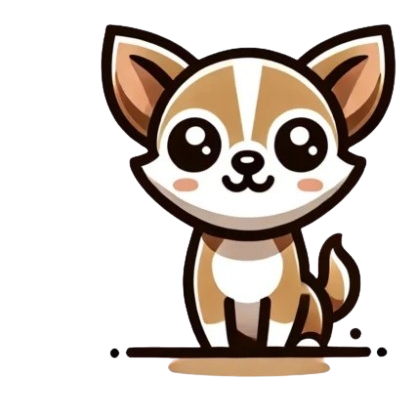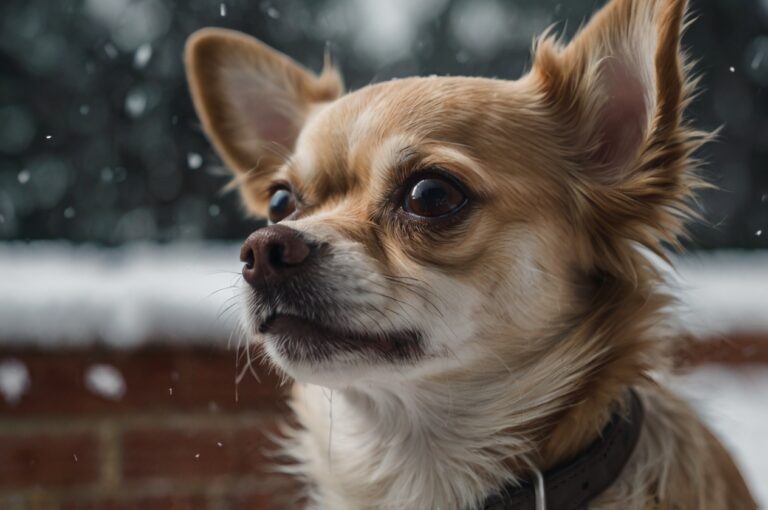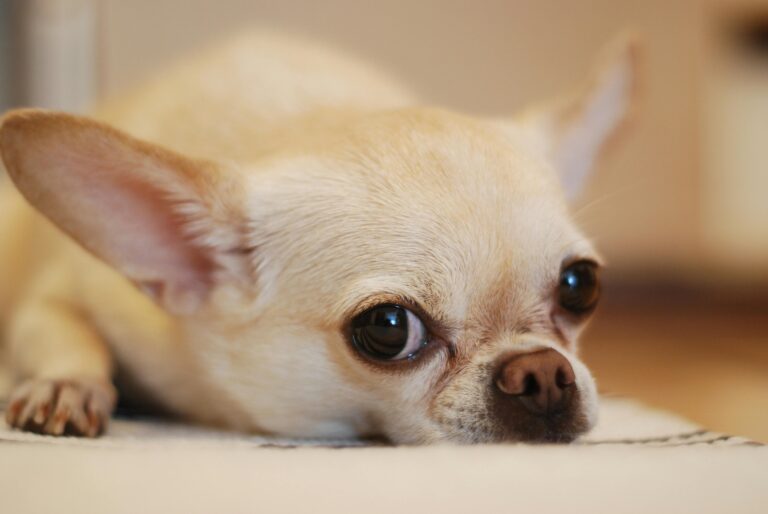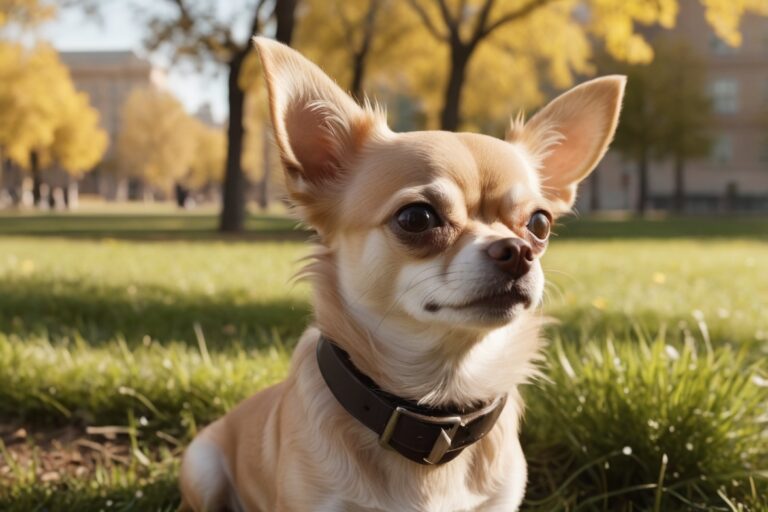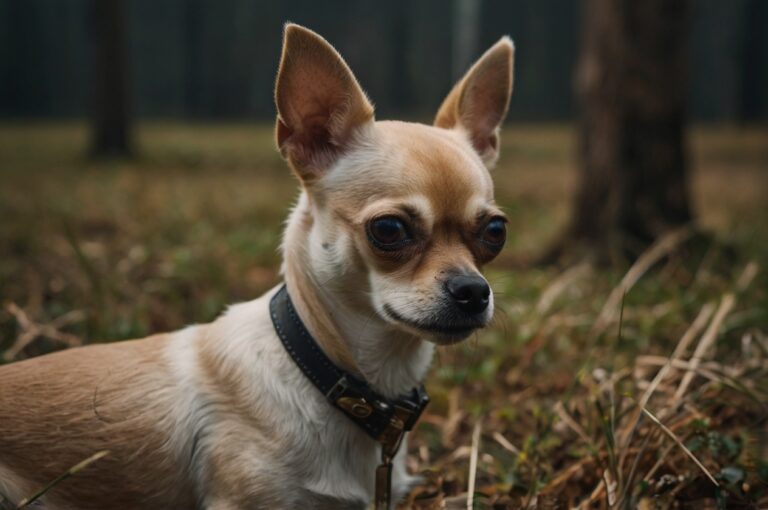A Complete Guide to Chihuahua Types and Varieties

Chihuahuas are a unique and diverse breed, loved for their tiny size and big personality. With several distinct types, understanding what sets each one apart can help you decide which type suits your lifestyle best. This guide provides an overview of the different Chihuahua types, helping you get a full picture of this amazing breed.
Key Takeaways:
- Chihuahuas come in several types, each with unique features and characteristics. Recognizing the different types helps you understand their specific needs.
- Understanding coat types, body shapes, and temperament can help you choose the right Chihuahua for your family. Each type has its own grooming, training, and care requirements.
- Being aware of common misconceptions about Chihuahua types can help you avoid misinformation and ensure you provide the best care for your pet.
1. Smooth-Coat vs. Long-Coat Chihuahuas
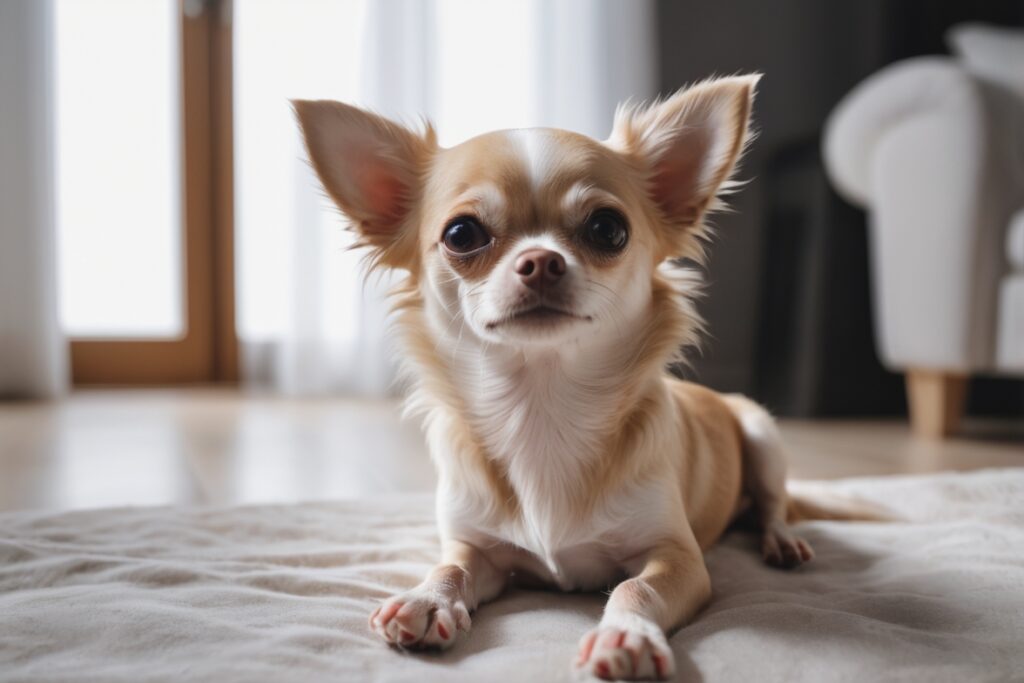
Chihuahuas are categorized based on their coat type: smooth-coat and long-coat. Each has distinct characteristics and care needs that make them unique.
1.1 Smooth-Coat Chihuahuas
Smooth-coat Chihuahuas have a short, sleek coat that lies close to their skin. This type of Chihuahua is easy to groom, as their fur requires minimal brushing. The coat feels soft and smooth, giving them a sleek and polished appearance. Due to their shorter fur, they are prone to feeling cold, especially during winter, and may need sweaters or coats to stay warm.
Smooth-coat Chihuahuas tend to shed less compared to long-coat varieties, making them a good choice for owners looking for a lower-maintenance pet. However, regular grooming is still recommended to keep their skin healthy and to reduce shedding. Their short fur makes it easy to spot fleas or skin issues, allowing for quick intervention if needed.
1.2 Long-Coat Chihuahuas
Long-coat Chihuahuas are known for their soft, flowing fur that can be either straight or slightly wavy. The long coat gives these Chihuahuas a charming and adorable look. While their fur may appear high-maintenance, long-coat Chihuahuas do not shed as much as one might expect, as they have an undercoat that helps control shedding.
Grooming is essential for long-coat Chihuahuas to keep their fur tangle-free and looking its best. Brushing at least twice a week is recommended to prevent matting and to maintain a healthy coat. Long-coat Chihuahuas also tend to need more attention during shedding seasons, as their thick fur can become unruly if not properly cared for.
1.3 Choosing Between Smooth and Long Coat
Choosing between a smooth-coat and long-coat Chihuahua often comes down to personal preference and lifestyle. If you prefer a dog with lower grooming requirements, a smooth-coat Chihuahua may be the better option. On the other hand, if you love spending time grooming and want a fluffy, charming companion, a long-coat Chihuahua might be the perfect match.
Both types have similar personalities, but their grooming needs can impact your daily routine. Consider your willingness to groom and the climate you live in when choosing between these two coat types.
2. Apple Head vs. Deer Head Chihuahuas

Another way to differentiate Chihuahuas is by their head shape: apple head and deer head. These two types are easily distinguished by their facial structure and overall appearance.
2.1 Apple Head Chihuahuas
Apple head Chihuahuas are characterized by their rounded skull, which resembles the shape of an apple. This is the most common type of Chihuahua and the one most frequently seen in dog shows. Apple head Chihuahuas have a distinct 90-degree angle where the muzzle meets the forehead, giving them a classic Chihuahua look.
Due to their head shape, apple head Chihuahuas often have prominent, expressive eyes and a shorter snout. This unique anatomy can sometimes lead to health issues, such as respiratory problems or dental crowding. However, their adorable appearance and lively personality make them a favorite among Chihuahua enthusiasts.
2.2 Deer Head Chihuahuas
Deer head Chihuahuas have a more elongated face and a narrower skull, resembling that of a young deer. Their forehead slopes gently into their muzzle, giving them a more natural, streamlined appearance. Deer head Chihuahuas often have longer legs and a more athletic build compared to apple head Chihuahuas.
Because of their longer snout, deer head Chihuahuas are less likely to suffer from respiratory issues compared to their apple-headed counterparts. This makes them a good option for owners looking for a Chihuahua with fewer potential health problems. Their body structure also makes them slightly larger and less fragile, which can be a benefit for active families.
2.3 Choosing Between Apple Head and Deer Head
The choice between an apple head and a deer head Chihuahua depends largely on your aesthetic preference and any health considerations. Apple head Chihuahuas are more traditional and have a quintessential Chihuahua look, while deer head Chihuahuas are known for their more natural, athletic build. Both types have loving and loyal temperaments, making them wonderful companions regardless of their head shape.
3. Teacup Chihuahuas: A Controversial Type
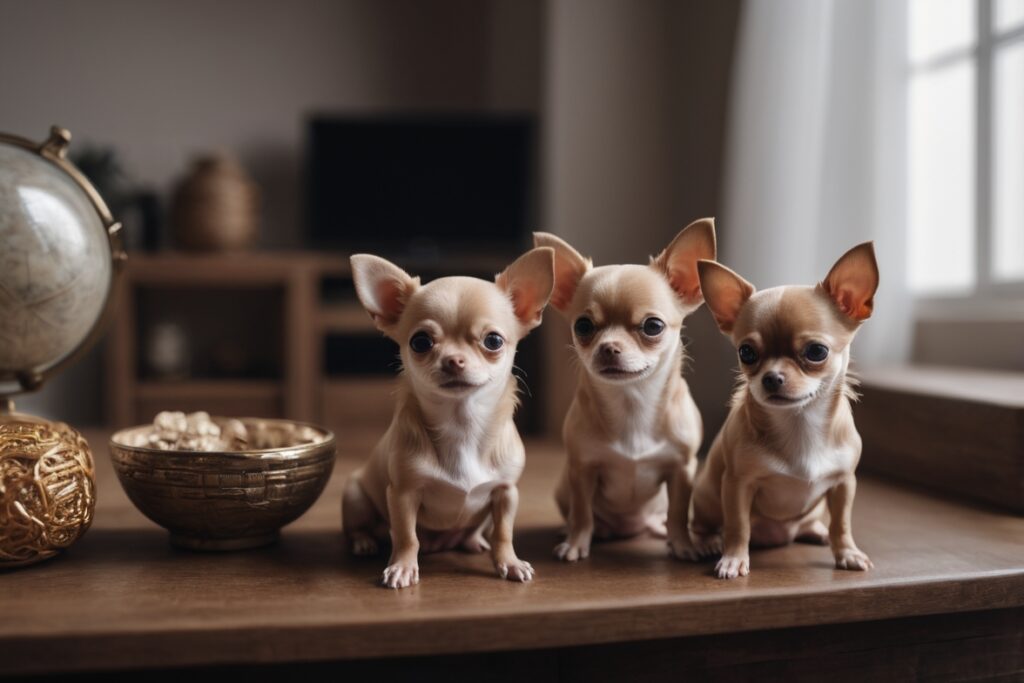
Teacup Chihuahuas are a controversial type due to their extremely small size. These Chihuahuas are bred to be significantly smaller than the breed standard, often weighing less than 3 pounds when fully grown. While their tiny stature makes them adorable, there are important considerations to keep in mind.
- Health Concerns: Due to their small size, teacup Chihuahuas are prone to a variety of health issues, including hypoglycemia, bone fragility, and respiratory problems. Their small size makes them more vulnerable to injury and illness, which means they require extra care and attention.
- Special Care: Teacup Chihuahuas require a higher level of care compared to standard Chihuahuas. They need to be handled delicately, and even minor falls or mishaps can result in serious injuries. Their small size also means they may need frequent feedings to maintain stable blood sugar levels.
- Ethical Concerns: Many breeders and veterinarians are concerned about the ethics of breeding Chihuahuas specifically to be teacup-sized. The breeding process often involves selecting the smallest dogs, which may have underlying health issues. Prospective owners should be aware of these ethical concerns and consider adopting a standard-sized Chihuahua instead.
3.1 Health Concerns
Teacup Chihuahuas face several health challenges due to their miniature size. Issues like hypoglycemia, fragile bones, and respiratory problems are common. Owners must be prepared to provide specialized care and frequent vet visits to ensure their teacup Chihuahua remains healthy.
3.2 Special Care Requirements
Owning a teacup Chihuahua requires a significant commitment. They need to be handled carefully to avoid injuries, and their small size means they are more prone to accidents. Ensuring a safe environment and keeping a close eye on them are essential parts of caring for a teacup Chihuahua.
3.3 Ethical Considerations
The breeding of teacup Chihuahuas often raises ethical concerns. Many breeders prioritize size over health, which can lead to serious medical issues for the puppies. Potential owners should consider these ethical implications and weigh the pros and cons before deciding to adopt a teacup Chihuahua.
4. Coat Colors and Patterns
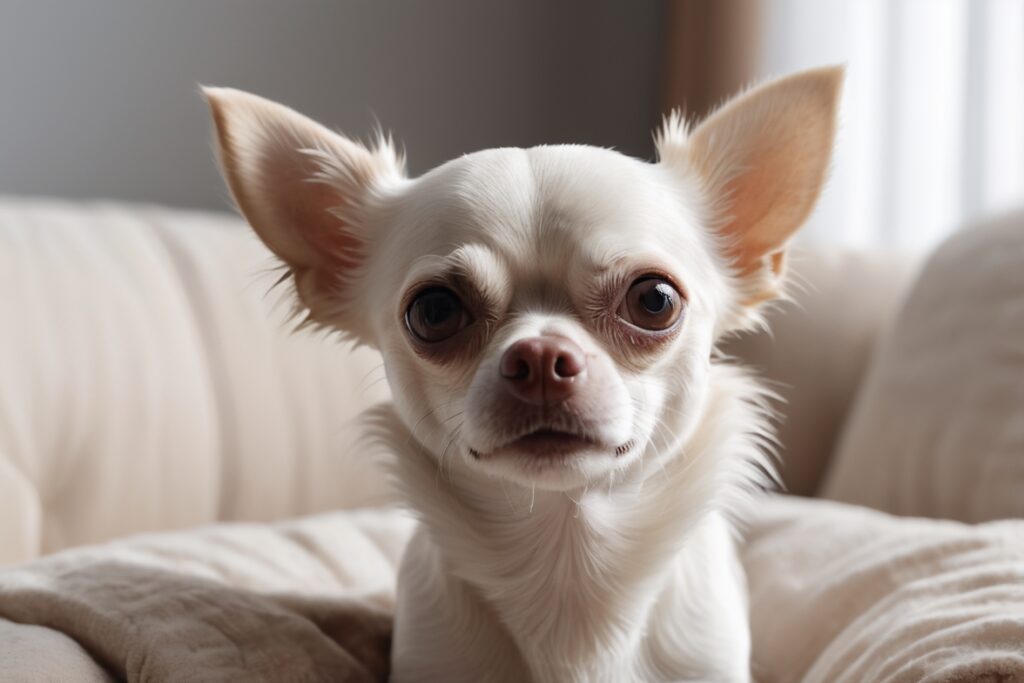
Chihuahuas come in a wide variety of coat colors and patterns, making each one unique. Understanding the different options can help you choose a Chihuahua that fits your preferences.
4.1 Solid Coat Colors
Chihuahuas can have solid coat colors such as black, white, fawn, chocolate, cream, and blue. These solid colors can vary in shade, from very light to very dark. Solid-colored Chihuahuas are often highly sought after for their striking, uniform appearance.
4.2 Bi-Color and Tri-Color Coats
In addition to solid colors, Chihuahuas can have bi-color or tri-color coats. Bi-color Chihuahuas have two distinct colors, such as black and tan or chocolate and white, while tri-color Chihuahuas have three colors, often in unique patterns. These multi-colored coats add to the Chihuahua’s visual appeal and make them stand out.
4.3 Merle Pattern
The merle pattern is a unique coat variation that features a mottled blend of colors, often with lighter and darker shades mixed together. Merle Chihuahuas have a distinctive look, but the merle gene can also be associated with certain health risks, such as hearing or vision problems. It’s important to choose a reputable breeder when adopting a merle Chihuahua to ensure they are healthy.
| Coat Type | Description | Examples |
|---|---|---|
| Solid Colors | One uniform coat color | Black, white, fawn, chocolate |
| Bi-Color | Two distinct coat colors | Black and tan, chocolate and white |
| Tri-Color | Three colors in a unique pattern | Black, tan, and white |
| Merle | Mottled blend of lighter and darker shades | Blue merle, chocolate merle |
Wrap Up
Chihuahuas are an incredibly diverse breed, with multiple types that vary in coat, size, and head shape. Understanding the differences between smooth-coat, long-coat, apple head, deer head, and even the controversial teacup Chihuahuas helps you make an informed decision when choosing your new furry companion. Each type has unique characteristics and care requirements, so consider your lifestyle and preferences before deciding on the best Chihuahua for you.
Frequently Asked Questions (FAQ)
- What is the difference between apple head and deer head Chihuahuas?
Apple head Chihuahuas have a rounded skull and a 90-degree angle at the muzzle, while deer head Chihuahuas have a longer snout and a more natural, streamlined appearance. - Are teacup Chihuahuas a separate breed?
No, teacup Chihuahuas are not a separate breed but are simply smaller-than-average Chihuahuas bred to be miniature in size. - Do long-coat Chihuahuas shed more than smooth-coat Chihuahuas?
Not necessarily. While long-coat Chihuahuas require more grooming to prevent matting, they often shed less compared to smooth-coat Chihuahuas. - Are merle Chihuahuas healthy?
Merle Chihuahuas can be healthy, but the merle gene is associated with certain health risks, including hearing and vision problems. It’s important to choose a reputable breeder. - Which type of Chihuahua is best for families?
Both apple head and deer head Chihuahuas can be great for families, but deer heads are often more robust and may handle an active household better.
